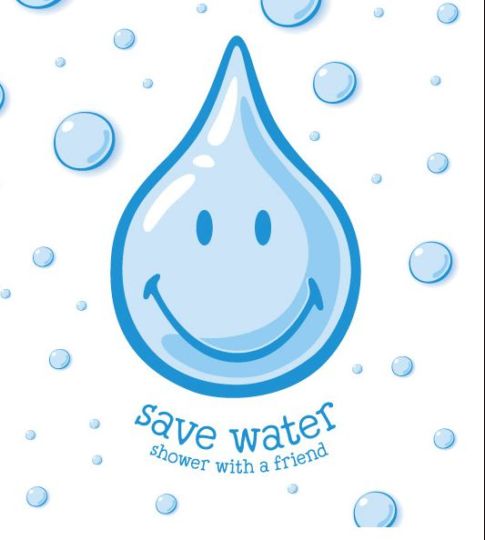
The issue of water conservation was discussed elaborately in the WATEC , Israel which was held from October 30 to 1 November, 2007. The conference emphasized upon the technologies developed for efficient conservation of water; especially those implemented in Israel. The article drew attention towards the shortage and lack of drinking water in many parts of the world and attributed the cause to the phenomenon of global warming – which is one of the biggest environmental concerns today. According to experts, the alarming amount of greenhouse gases in the atmosphere are to be blamed for draughts, floods, melting glaciers and natural disasters. Industrial and vehicular pollution therefore, pose a great health risk – especially in small nations like Israel. Due to the growing concern over ecology and world economy, new technologies are promoting the use of natural inexhaustible resources like the wind, tide, solar radiation, waste materials and biomass as alternative and non-polluting sources of energy in order to bring down the greenhouse emissions. The WATEC 2007 aims at exhibiting all such technologies like the Kyoto protocol- a booming emission trading market. The WATEC also aims at stressing upon the importance of Israel as “the “Silicon Valley” of the global water and environmental technologies market” by strengthening relationships with international bodies as well as chanellizing the academy’s strategies and activities. Being one of the most arid countries in the world, and being one of the first nations to make use of water conservation methods like recycling, repurifying, desalination and drip irrigation; Israel offers immense scope for the development and implementation of such technologies. Israel has the benefit of experience and availability of existing high-end environmental solutions to emerge as a leading global market for water conservation technologies.
The above studies article only highlights one of the many problems posed by global warming with water shortage as only a small part of the spectrum. Apart from exposing humans and animals to serious health hazards, greenhouse emissions have resulted in a dramatic climatic shift that has caused havoc and destruction in many parts rendering a severe blow to the world economy. While a part of the earth is facing draught and famines, coastal areas in many countries are immersed in flood and sea water almost throughout the year. Global warming effects ecology at all levels and is slowly driving many species to extinction. Some scientists have even predicted the coming of a second Ice Age. Considering the grave consequences, it is time to take drastic measures in order to save the world for future generations. Small everyday actions can actually go a long way in preventing global warming which is progressing faster than its expected rate. For example: saving electricity by using solar power and compact fluorescent bulbs, using eco-friendly means of transport like bicycle and walking, recycling water and wastes. The basic idea is to minimize carbon dioxide emissions in any form and spreading awareness all around us. Not only do the above mentioned things save a lot of money, they can cumulatively make a big difference to the environment.




